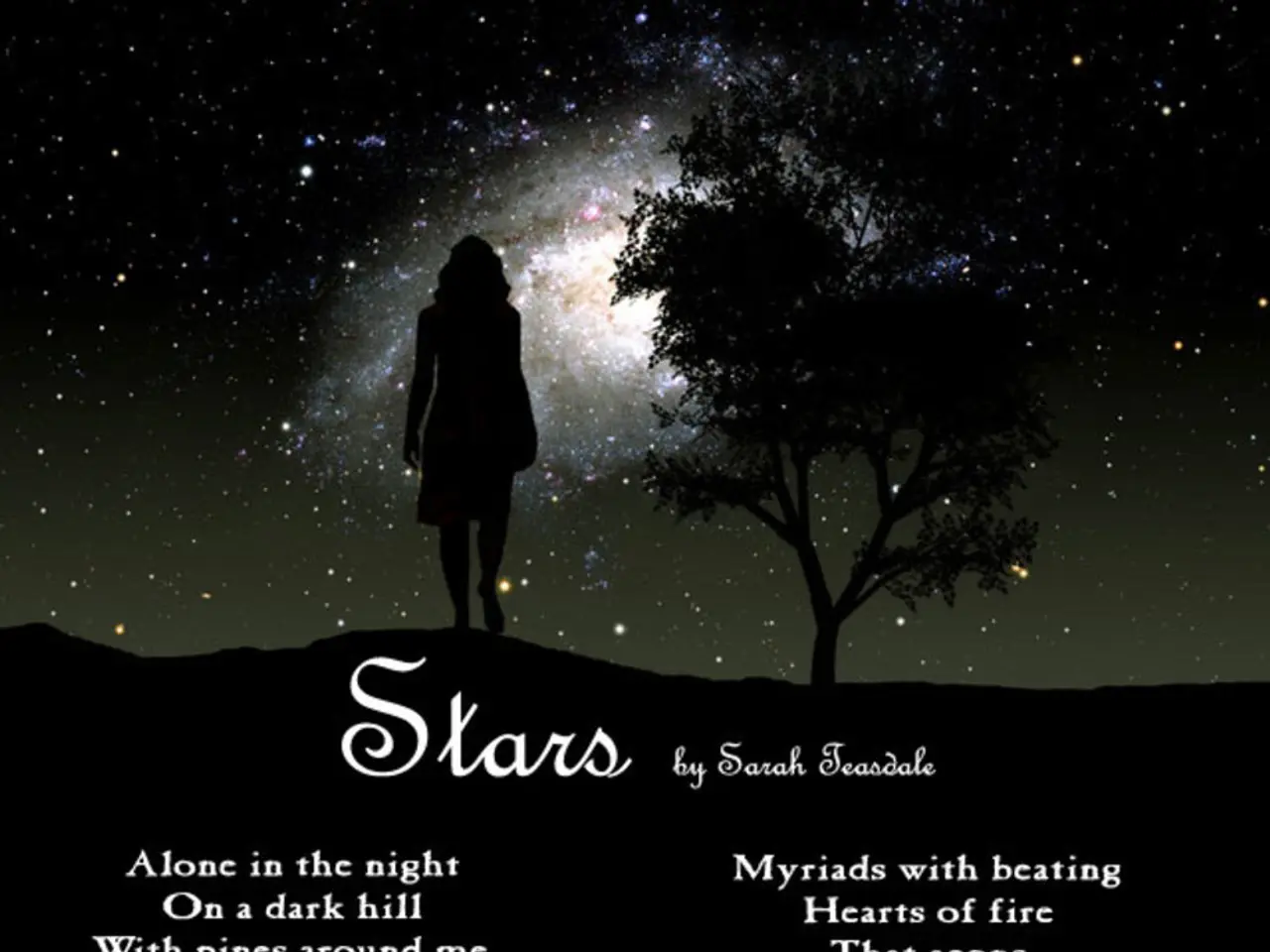Investigating the Impact of Cultural Factors on English Poetic Works
English poetry, with its rich history dating back several centuries, has been shaped by a myriad of cultural influences, contributing to its diverse development. From the Renaissance period to the current age of Postmodernism, each era has brought forth new ways of understanding the human experience.
The Renaissance period introduced humanism to English poetry, emphasizing human agency, individualism, and a keen interest in the natural world. This period saw the emergence of poets like William Shakespeare, whose sonnets and plays embodied the period's impact on poetry.
The Victorian era, marked by rapid industrialization, social change, and a strong emphasis on moral values, also greatly influenced English poetry. Alfred, Lord Tennyson's work, such as "The Charge of the Light Brigade," reflected social concerns and the dichotomy between progress and tradition during this time.
The Romantic movement, which emerged in the late 18th century, drew inspiration from ancient Greek lyric poetry, focusing on nature, emotion, and the individual experience. Poets like Lord Byron and Percy Bysshe Shelley were influenced by the expressive and personal style of ancient Greek poets such as Sappho and Pindar.
The Victorian era was followed by Modernism, which sought to break away from traditional forms and conventions, inspiring poets to experiment with new styles and forms to express the complexities of the modern world. T.S. Eliot's poem "The Waste Land" employed fragmented structure and diverse literary allusions to depict a sense of disillusionment and alienation experienced in the aftermath of World War I.
Postmodern poetry emerged in the latter half of the 20th century, subverting established norms and embracing plurality and diversity. Carol Ann Duffy, the first female Poet Laureate of the United Kingdom, exemplifies postmodern attributes in her work. In her collection "The World's Wife," Duffy reinterprets well-known tales and myths by providing alternative perspectives, often emphasizing female voices. By doing so, Duffy underscores the importance of cultural diversity and inclusivity in contemporary poetry.
In the current age of Postmodernism, the incorporation of cultural diversity continues to shape the evolution of poetry. Postmodern poetry often experiments with blending different cultural elements and forms, highlighting the multiplicity of voices and perspectives. The incorporation of cultural diversity not only enhances the diversity of English poetry but also shapes its themes and styles, from the philosophical introspection of metaphysical poetry to the emotional expressiveness of Romanticism.
Exploring the cultural influences in English poetry reveals the profound depth and transformative power of this art form. By embracing and blending diverse cultural elements, English poetry continues to evolve, reflecting the changing cultural landscape of England and the world.
English poetry's evolution through the ages has not been limited to literary influences alone. The Renaissance period, apart from its impact on poetry, also sparked an interest in global cuisines, with culinary experimentation mirroring the humanist ideals of the time.
The Victorian era, known for its social reforms and moral values, coincided with the advent of fashion-and-beauty trends that swept across Europe and beyond. Simultaneously, travel became more accessible, enabling the exchange of ideas and cultural practices, contributing to the enrichment of both English poetry and society at large.
Postmodern poetry's embrace of plurality and diversity, as seen in the work of Carol Ann Duffy, resonates with our contemporary lifestyle, which values cultural travel and the exploration of global cuisines. Such experiences enrich our perspectives and enhance our understanding of the world, perpetuating the transformative power of poetry in shaping our lives and experiences.




